Google Glass isn't the privacy-killer the media wants it to be
This article may contain personal views and opinion from the author.

Some people are complaining that Google Glass won’t be a useful product, but that’s also not an interesting argument to us, because if you haven’t used a product, you can’t judge it. There have been countless times when new products have come to market that were something different, so we didn’t know how to process it. And, with Glass as with social networks, location-aware devices, and other technologies, there can be uses that arise after release that we never expected (and likely Google never expected either). Aside from those who want to dislike the unknown, there are also those who would use it to scare people in the name of “protecting the public”.
Misinformation and fearmongering
The base of the entire problem seems to be that Google Glass amounts to having an “always on” camera on your face. Let’s just start by debunking this claim, because if Google has found a way to have a camera constantly on, and constantly streaming video either to your phone storage or to the Internet, then we should actually be celebrating the breakthrough that Google has made in designing batteries. If Google Glass really can do everything the fearmongers claim, the battery of that device (and the storage capacity of the connected phone) have to be technological marvels the likes of which we’ve never seen before.
Incompatible arguments
Okay, but people claim they get “creeped out” by having their picture taken. This is also not true. If you don’t want your picture taken, you either avoid the person with the camera, or you ask the photographer to not take your picture. This is when our absolute favorite inane argument comes out about Google Glass, because many people would say “but you can never know when someone is taking pictures with Glass!”
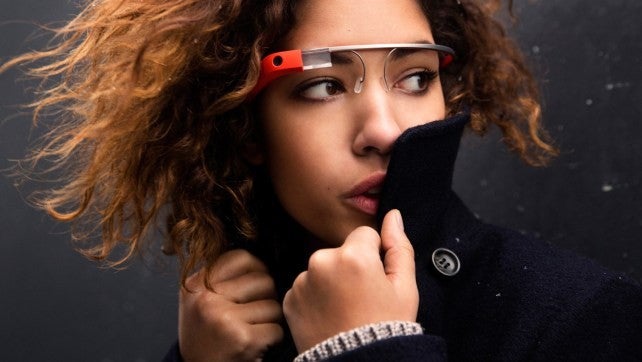
It’s not like Google designed Glass to blend in with traditional eyewear. Glass looks strange, it makes you take a second look, and it gives you pause, because it is different. And, when you’re recording a video, there is a red light that comes on, just like many other cameras. On top of that, if you want to take a picture, you have to either tap the touchpad of Glass, meaning a pretty big and noticeable movement with your arm, or you have to give a voice command, meaning you have to say out loud that you are taking a picture. Can someone explain again how we are supposed to be having our picture taken all over the place without noticing?
If someone is far enough away to take the picture with Glass without you noticing, they would have been able to take that same picture with any traditional camera or smartphone and you wouldn’t have noticed that either. This leads to what gets us so annoyed about the Glass articles so far: the fearmongering has been focused on the technology, even though the behavior we’re worried about is nothing new.
Refocusing the argument
If you know Jeff Jarvis, journalism professor and tech blogger, you’ve heard this appeal to reason before: we need to condemn the behavior, not the technology. For example, there has always been identity theft, technology can make it easier, but it’s the behavior that’s should be the crime, not the technology. The same applies here. We’ve had cameras for generations. We’ve had cameraphones, capable of easily distributing those images quickly, or even sharing them publicly on the web for years now. Google Glass is doing nothing new in that respect.
The only thing that Google Glass has done wrong is to be a lightning rod for the issue. Google is obviously hyper-aware of the criticism already surrounding the device, and has been working to not only raise awareness of the product. Google has designed the Glass to stand out, to be noticed, so that any privacy concerns will be lessened.
Perhaps the privacy concerns can’t be removed completely, but they couldn’t be eradicated for cameraphones or point-and-shoot cameras that came before. Google Glass is nothing to get so scared about. It’s simply a new device using old technology in a new way. There will be an adjustment period, as always, but Google Glass shouldn’t hold any special place in the privacy debate. The “creep factor” comes from what people do with the technology, not the technology itself.
Follow us on Google News



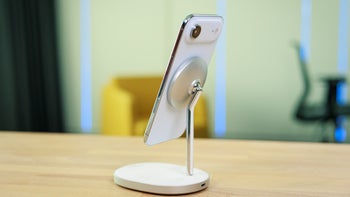
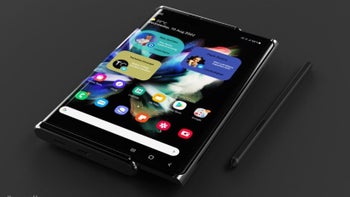
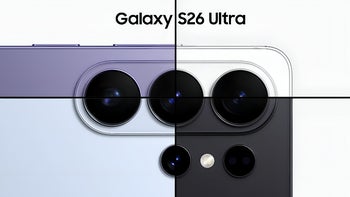

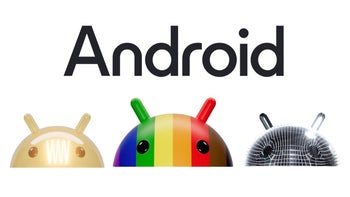
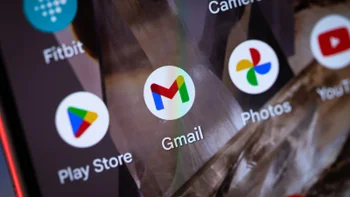
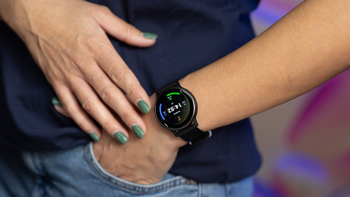
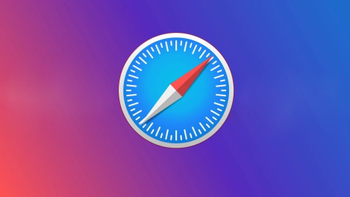
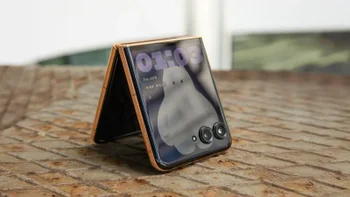
Things that are NOT allowed:
To help keep our community safe and free from spam, we apply temporary limits to newly created accounts: